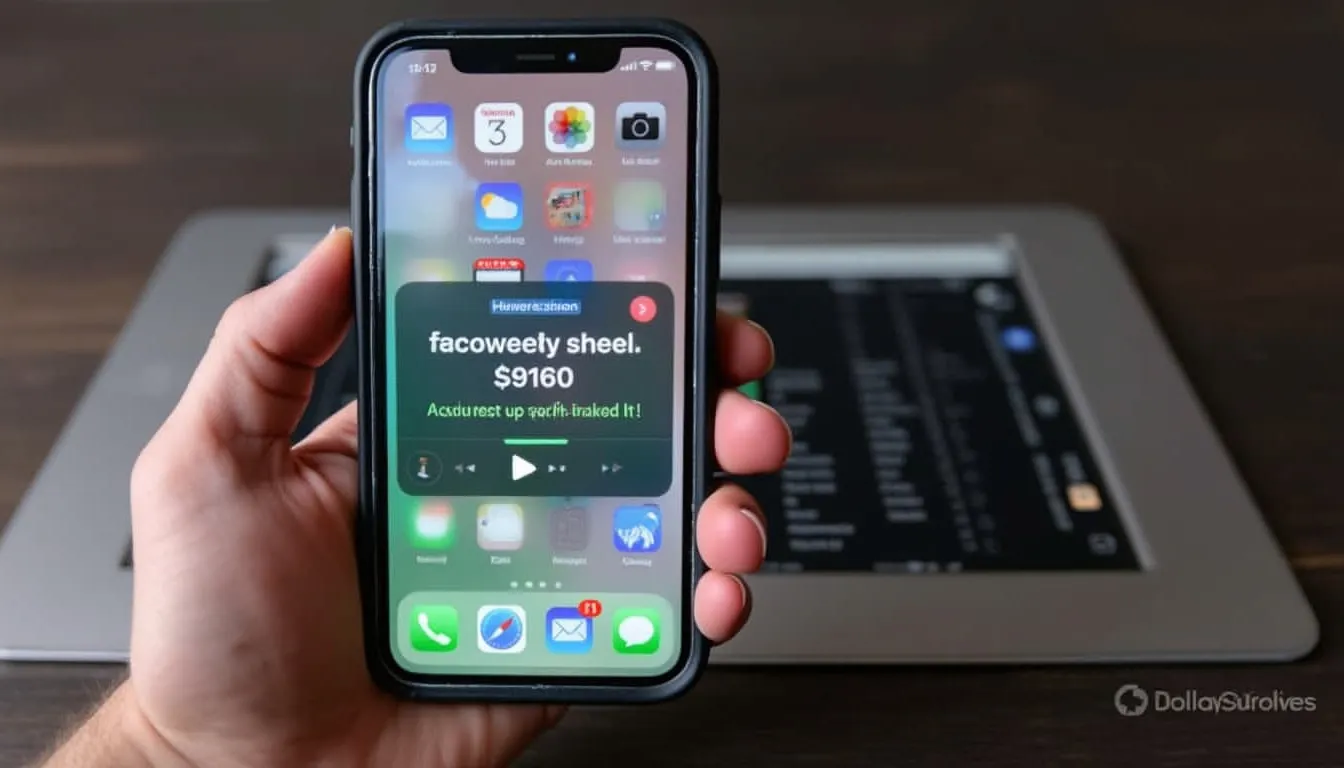Revolutionizing iOS with ChatGPT Integration
Apple’s release of the iOS 18.2 beta marks a transformative step in mobile intelligence, with the notable integration of OpenAI’s ChatGPT. This promising collaboration aims to elevate the iOS user experience, offering seamless interaction between Apple’s native functionalities and advanced conversational AI.
The iOS 18.2 beta introduces several innovative features, with ChatGPT playing a pivotal role. Significantly, this development allows users to engage directly with ChatGPT through Siri, providing a more integrated and hands-free experience. This capability is set to streamline daily tasks by minimizing the need to toggle between multiple applications for information retrieval.
Empowering Users with Control and Privacy
In line with Apple’s commitment to user privacy, the ChatGPT feature in iOS 18.2 beta is off by default. Users are empowered to configure and enable it based on personal preferences, ensuring full control over its functionalities and access levels. Furthermore, a user confirmation prompt activates when ChatGPT is deployed through Siri, although this can be adjusted via the settings for those who prefer uninterrupted access.
Apple has gone to great lengths to protect user privacy in this integration. Any data shared with ChatGPT, including requests and documents, remains unlinked to the Apple account and utilizes masked IP addresses. This ensures that users’ personal information stays secure, adhering to Apple’s stringent privacy protocols.
For those utilizing a linked ChatGPT account, there are additional considerations. OpenAI’s data privacy policies govern the interactions, and the data shared might contribute towards enhancing their AI models. This opens the door for iOS users to tap into some of ChatGPT’s exclusive paid features directly through Siri, potentially enriching their experience.
Finally, despite the remarkable prospects this update provides, it’s worth noting that these features cater specifically to Apple’s latest hardware. The full spectrum of capabilities is primarily optimized for iPhone 15 Pro, Pro Max, and subsequent models, highlighting a hardware limitation for earlier versions like the iPhone 13 and 14.
Looking ahead, Apple plans to build upon this framework by incorporating more personalized context features. These enhancements promise to leverage tidbits of personal information from the user’s device to deliver customized assistance. However, Apple remains reticent about the exact rollout timeline for these improvements, leaving much anticipation for future iOS updates.




